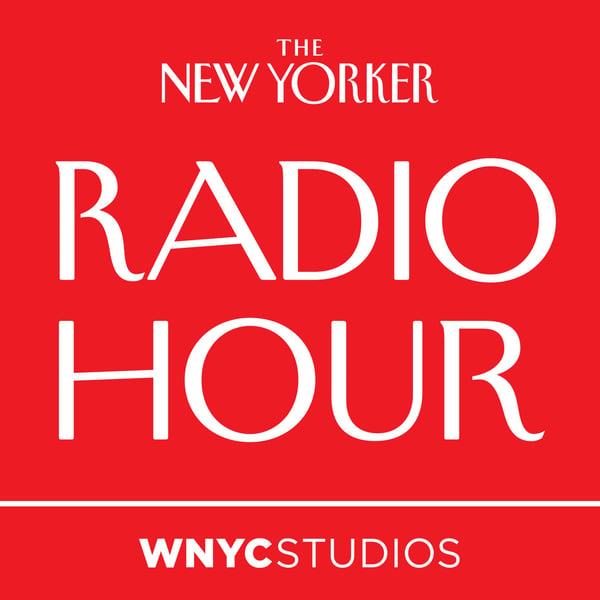The poet John Lee Clark Translates the DeafBlind Experience to the Page
The New Yorker Radio Hour
WNYC Studios and The New Yorker
4.2 • 5.5K Ratings
🗓️ 13 December 2022
⏱️ 26 minutes
🧾️ Download transcript
Summary
Although many hearing and sighted people imagine DeafBlind life in tragic terms, as an experience of isolation and darkness, the poet John Lee Clark’s writing is full of joy. It’s funny and surprising, mapping the contours of a regular life marked by common pleasures and frustrations. Clark, who was born Deaf and lost his sight at a young age, has established himself not just as a writer and translator but as a scholar of Deaf and DeafBlind literature. His new collection, “How to Communicate,” includes original works and translations from American Sign Language and Protactile. He speaks with the contributor Andrew Leland, who is working on a book about his own experience of losing his sight in adulthood.
Transcript
Click on a timestamp to play from that location
| 0:00.0 | This is The New Yorker Radio Hour, a co-production of WNYC Studios and The New Yorker. |
| 0:10.2 | This is The New Yorker Radio Hour, I'm David Remnik. |
| 0:13.6 | Earlier this year, we published a story about Protactyl, an emerging language based on touch |
| 0:18.7 | that's increasingly used by deafblind people. |
| 0:22.7 | It was written by Andrew Leeland, and one of Andrew's subjects was a man named John Lee |
| 0:28.0 | Clark. |
| 0:29.2 | Clark was born deaf, and he lost his sight when he was young to a condition called usher |
| 0:34.1 | syndrome. |
| 0:35.1 | He became a poet and a scholar of literature, and a new collection of Clark's work is out |
| 0:38.6 | this week. |
| 0:39.6 | It's called How to Communicate. |
| 0:41.9 | Andrew Leeland was eager to speak with him again. |
| 0:44.9 | I first encountered John Lee Clark on an email list serve. |
| 0:48.8 | Poetry magazine was about to publish an essay he'd written, and I wrote to him asking for |
| 0:52.5 | a copy. |
| 0:54.7 | It was a casual request which began what was for me a life-changing correspondence. |
| 1:00.7 | I have a related disease to Clark's. |
| 1:02.8 | It's called RP, and it's causing me to slowly lose my sight. |
| 1:07.5 | In Clark's writing, and in our correspondence, I was struck again and again by the way he |
| 1:11.9 | described his experience as a deafblind person. |
| 1:15.4 | Despite the rest of the world's tendency to imagine deafblind life in tragic terms, |
| 1:19.6 | as a land of silence and darkness, Clark's writing is full of humor and life. |
... |
Please login to see the full transcript.
Disclaimer: The podcast and artwork embedded on this page are from WNYC Studios and The New Yorker, and are the property of its owner and not affiliated with or endorsed by Tapesearch.
Generated transcripts are the property of WNYC Studios and The New Yorker and are distributed freely under the Fair Use doctrine. Transcripts generated by Tapesearch are not guaranteed to be accurate.
Copyright © Tapesearch 2025.

